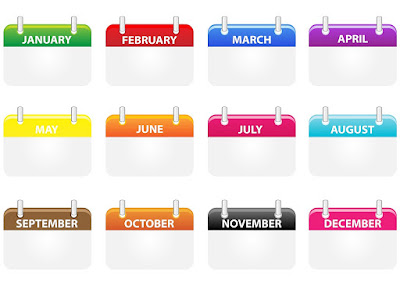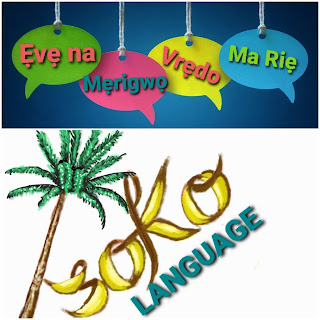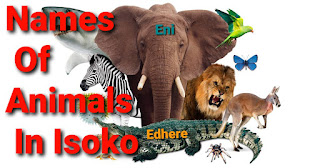Bible Book Names Over 95 percent of the world’s population has the Bible. Both Christians and pagans have Bible at their disposal. They use it at church, school, workplace, home, and in the ministry. The reason? The Bible has indispensable advice for people of all time, ages, background, culture, and language group. It’s practical advice never fades from generation to generation. It is the most translated book in human history. It has endured countless of opposition, yet it is still the most populated book today. It is also scientifically accurate. You may have a copy of this Holy book. Can you open it efficiently, or do you have difficulty locating the names of different Bible books? Getting yourself familiar with the different book of the Bible is an awesome experience. You are about to learn them both in English and in Isoko. Enjoy! Hebrew Scriptures (The Old Testament) Ikereakere Hibru (Ọvọ Anwae Na) Genesis—Emuhọ Exodus—Ọnyano Leviti...




